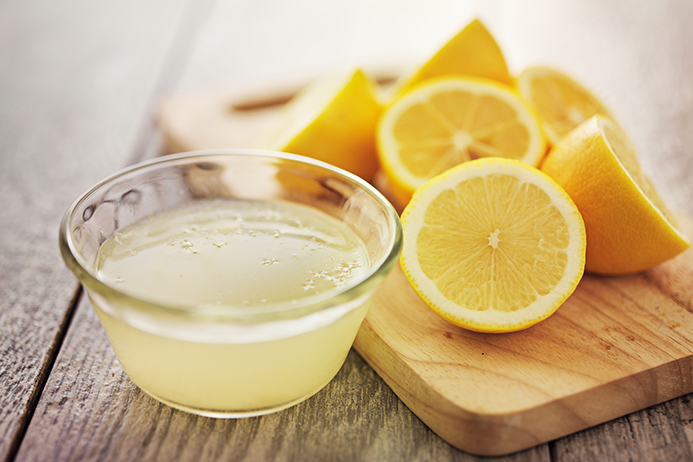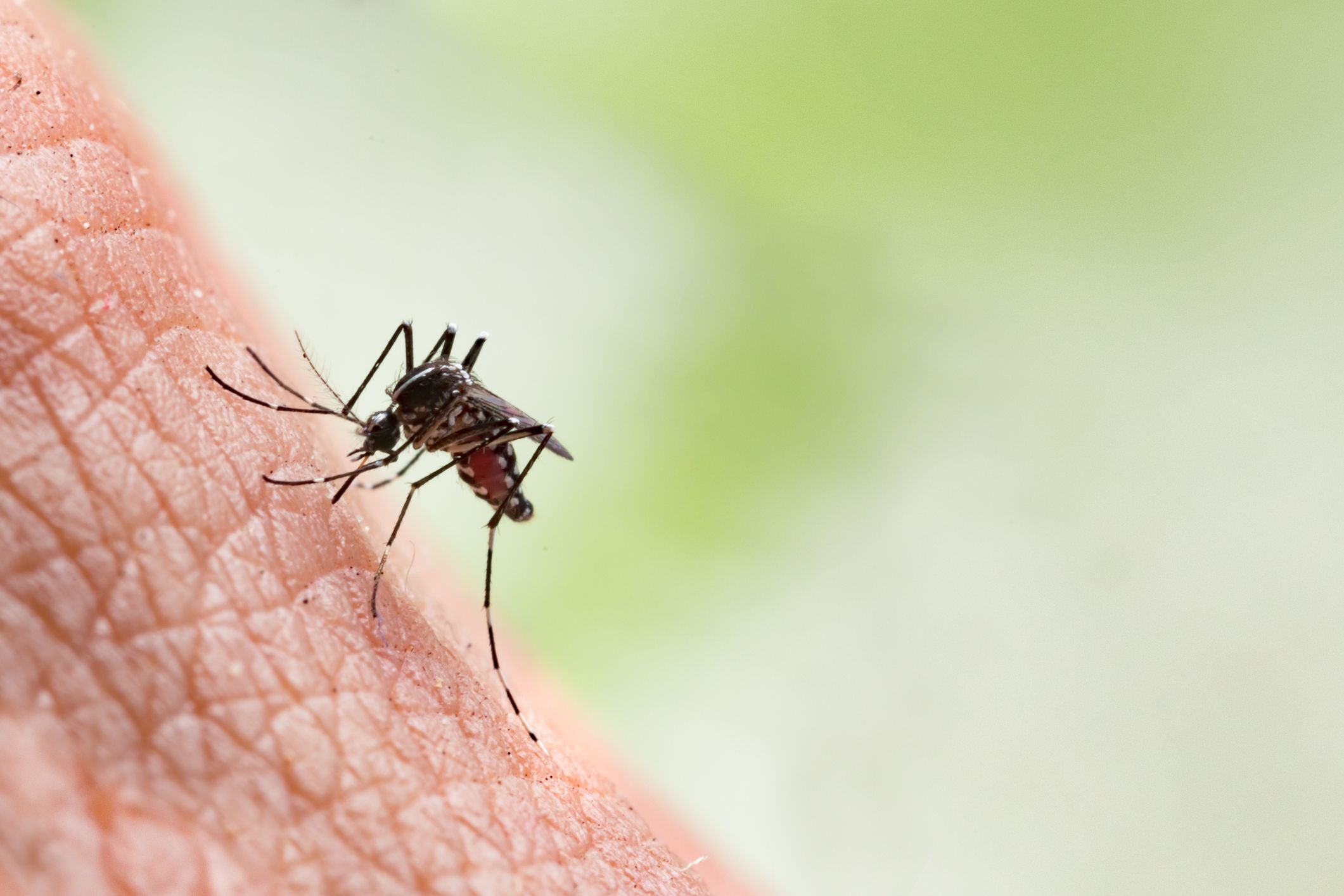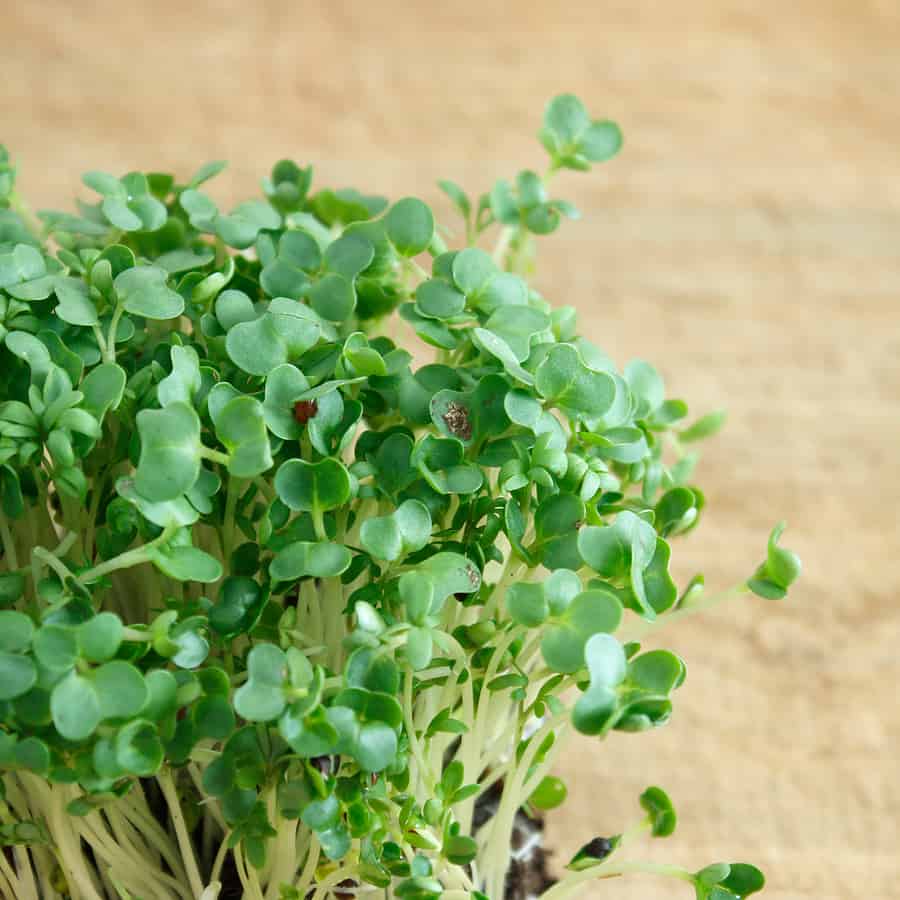Health
5 Ways a Qualified Marijuana Doctor Can Streamline the Process of Obtaining Your Medical Card

A qualified cannabis physician will perform a physical exam, complete and document a full assessment of your medical history and determine whether you qualify for a marijuana card. This process typically takes 20 – 30 minutes. If you meet the qualifications, a medical marijuana doctor will give you a patient ID number that you can use to register with your state.
Streamlined Appointments
Whether you’re a current medical marijuana patient or are seeking an evaluation to become one, your experience with your doctor can be a huge factor in the success of your treatment. A qualified doctor will take the time to examine and question you about your symptoms thoroughly. They will listen to you and provide an honest opinion on whether they think medical cannabis can help. Medical marijuana doctors like Texas 420 Doctors are educated on cannabis as a medicine and can determine if your conditions qualify you for the drug. This means they can create a personalized marijuana treatment plan for you. A great way to streamline your appointment is by offering telemedicine consultations. Unlike traditional MD or DO assignments, these can be done at any time of day. In addition to the streamlined appointment, medical marijuana doctors can help expedite the process of completing the state’s application. They will make sure you have the correct paperwork, forms, and medical records ready to go so that you can complete your registration or renewal. Additionally, they will alert you if your physician certification is approaching its expiration date so you can schedule an appointment to get recertified.
Convenient Locations
A qualified marijuana doctor knows that patients are eager to get relief from their debilitating symptoms and will work hard to schedule appointments that accommodate their busy lives. They are also familiar with state laws and understand the limitations on physician access to medical marijuana patients. Depending on your condition, medical marijuana may ease the pain of cancer treatment, reduce nausea and vomiting caused by chemotherapy, or help you sleep better. Medical marijuana can come in various forms, including dried flowers, edibles, tinctures, and topicals. A qualified marijuana doctor will ask you to bring a government-issued photo ID and a list of your current medications. They will also review your health records and determine if cannabis is an appropriate medication to treat your symptoms. They will explain how to use the medicine and discuss the risks. They will also recommend entering your name into the medical marijuana registry. Your certifying doctor must do this for each patient before you can purchase from a dispensary. You will be subject to legal repercussions if you do not complete this step.
No Waiting
Marijuana is a plant with multiple medicinal properties. It contains two active compounds; one is cannabidiol (CBD), and the other is delta-9 tetrahydrocannabinol (THC). It has several therapeutic properties and has been found to help with chronic pain, PTSD, seizures, and many other conditions. Although it remains illegal on a federal level, 29 states and DC have legalized marijuana. While medical marijuana is still a very new industry, physicians are working to navigate uncharted legal territory to provide patients with the relief they need. It is important to find a doctor willing to work with state regulations and stay up to date on the latest research on medical cannabis.
Qualified doctors are also able to expedite the process of getting your card. They can provide a medical marijuana recommendation to eligible patients, which is needed to register online with the state. This will allow patients to purchase medical marijuana at a dispensary. In addition, the doctor can provide a government-issued photo ID to the patient and caregivers for identification purposes.
Knowledgeable Staff
Providing patients with the information and advice they need to treat their conditions effectively is one of the most important tasks of any doctor. A medical marijuana doctor is no different. They will take the time to explain the benefits, side effects, and contraindications of cannabis. They will also be knowledgeable about the current state of medical marijuana research, ensuring that their recommendations are based on the latest scientific evidence.
Marijuana has several medicinal compounds, including CBD and delta-9 tetrahydrocannabinol (THC). Both have been shown to have therapeutic effects for many health conditions. However, it is still illegal at the federal level and must be obtained through a qualified physician’s recommendation. Medical marijuana doctors are willing to navigate uncharted legal areas and make it possible for their patients to access a medication that can help ease pain, anxiety, nausea, spasms, and more. These doctors are dedicated to reducing the burdens and time associated with obtaining your medical card and helping you find relief from your symptoms. They are a true lifesaver for many people who need the natural treatment that marijuana can provide.
Experience
Many people are still unsure about the process of qualifying for medical marijuana. So many factors are involved, from self-reporting health symptoms to the cost of multiple appointments to get a formal diagnosis.
A qualified marijuana doctor can help make this process as simple and stress-free as possible. A physician who is familiar with the medical benefits of cannabis can help patients find the right products and dosages to treat their specific health conditions. Marijuana physicians should also be able to answer any questions that patients may have about the law or regulations in their state. This will ensure patients receive the most accurate information to avoid potential issues. A medical marijuana recommendation is valid for one year, and annual renewals are required. Finding a qualified, compassionate, cannabis-friendly doctor is important in obtaining your medical card. By understanding the benefits of working with a qualified marijuana doctor, you can save time and money while ensuring you receive the treatment you need to alleviate your symptoms.
Health
15 good reasons to drink lemon juice in the morning on an empty stomach

Discover the 15 good reasons to drink lemon juice in the morning on an empty stomach.
Lemon is one of the most frequently and widely used citrus fruits.
Its popularity is due to its scent and refreshing taste.
Its aroma makes it an ingredient of choice in many recipes and the composition of perfumes.
It also accompanies a large number of drinks, including tea and cocktails, it can also be served as fruit juice.
Not only is lemon used for its aromatic qualities, but also its therapeutic dimension.
Rich in vitamin C, lemon indeed has formidable therapeutic virtues: its Antiviral and antibacterial properties as well as its ability to stimulate the immune system are widely recognized.
One of the most common ways to reap the benefits of lemon is by squeezing the juice.
Lemon juice stimulates digestion and has a detoxifying action.
It also promotes drainage of the liver and thus improves digestion.
By its ability to boost metabolism, lemon juice is an effective way to lose weight.
If you want to lose weight, drinking lemon juice in lukewarm water every morning on an empty stomach gives fabulous results.
But that’s not all, nutrition specialists at the Edison Institute of Nutrition have compiled a list of the main benefits of consuming lemon juice mixed with lukewarm water on an empty stomach:
1. An excellent source of vitamin C, lemon juice protects the body by strengthening the immune system.
2. Drinking lemon juice in lukewarm water every morning on an empty stomach helps maintain pH balance in the body.
3. Thanks to its antibacterial properties, lemon juice helps fight infections.
4. Has a detoxifying action.
5. Promotes digestion.
6. Besides vitamin C, lemon is also an excellent source of potassium, calcium, phosphorus, magnesium, etc.
7. Helps fight colds.
8. Lemon water is a well-known remedy for dealing with different skin problems like acne, rashes, wrinkles, or dark spots.
9. Mixed with lukewarm water, lemon juice stimulates digestion, boosts metabolism, and thus allows you to lose weight quickly.
10 Lemon juice is also very effective in removing toxins that have accumulated in the liver.
11. The anti-inflammatory properties of lemon help fight infections of the respiratory tract, sore throat, and inflammation of the tonsils.
12. Rich in electrolytes, lemon juice effectively hydrates the body.
13. Drinking lemon juice mixed with lukewarm water decreases muscle and joint pain.
14. Lemon juice in lukewarm water promotes good dental hygiene because it helps decrease dental pain and prevent gingivitis.
15. Drinking lemon juice in lukewarm water stimulates digestion and regulates intestinal transit.
SOME QUESTIONS / ANSWERS AND COMMENTS :
Q. Out of curiosity… my cousin is allergic to lemon. Does lime have the same virtues?
A. Yes, you can substitute lemon for lime.
I had to stop drinking lemon water for a month because I was sick. The joint pain I got rid of before all came back.
So I started drinking lemon juice in lukewarm water again every morning on an empty stomach.
Now after a week, and it’s true, my pain in my knees is gone !!!!
It’s amazing! Lemon is indeed very alkalizing and promotes the elimination of acids.
Also, it contains a lot of vitamin C, which is good for the joints.
Some people suffer from vitamin C deficiency and need to be sure to find it in their diet or supplements.
Q. After drinking lemon juice in lukewarm water in the morning on an empty stomach, how long should I wait to eat?
A. I recommend that you wait 20 to 30 minutes before eating.
Q. Why does lemon juice need to be mixed with lukewarm water? Is lemon juice also beneficial in cold water?
A. Lukewarm water stimulates digestion and the liver.
Coldwater does the opposite, it blocks digestion.
So it is best to consume lemon juice in lukewarm water.
Q. How many lemons should you squeeze in the morning to benefit from the benefits of this fruit?
A. I suggest squeezing half a lemon in a large glass of lukewarm water (25cl).
Lemon juice is rich in vitamin C and antioxidants.
Citric acid and vitamin C promote the dissolution of gallstones, their elimination, as well as the clearing of the bile ducts.
Lemon juice has been used for centuries in the treatment of kidney stones and gallstones.
Lemon also has antimicrobial properties that help reduce gallbladder infections and relieve pain.
The pectin in lemon juice relieves bloating, nausea and pain.
Besides, lemon juice helps reduce the production of cholesterol by the liver.
Q. Hello. I have a question: I have thyroid problems, can I drink lemon juice in lukewarm water?
A. Yes. You can drink lemon juice in lukewarm water if you are suffering from thyroid problems.
Q. I take medicine on an empty stomach every morning for a thyroid problem. Should I take this medicine before drinking lemon water or after?
A. Since lemon water is absorbed relatively quickly by the body, I recommend that you take your medicine soon after drinking the lemon water.
Joint pain is associated with poor digestion and allergic reactions to certain foods.
Lemon water promotes digestion and the elimination of toxins.
If your teeth are prone to demineralization and are very sensitive, I advise you to drink lemon water through a straw.
Health
Mosquito bite: The Miracle Cure Against It

Discover The Miracle Cure Against Mosquito Bite.
Have you been bitten by a mosquito again?
They have the gift of stinging us when we spend a quiet evening on the terrace!
And then, hello the itching!
We only want one thing, and that is to scratch ourselves to the point of blood. It’s super annoying!
Fortunately, my grandmother gave me her natural remedy to quickly relieve a mosquito bite.
The miracle trick is to apply a paste of baking soda and witch hazel water. Look :
What you need
- baking soda
- witch hazel water
- cup
How to do
- Put three teaspoons of baking soda in a cup.
- Pour a teaspoon of witch hazel water
- Mix to obtain a paste.
- Apply the paste to the bite.
- Leave on.
Results
And there you have it, thanks to this remedy, you have stopped the itching of mosquito bites in their tracks 🙂
Easy, fast, and efficient, isn’t it?
It is a simple treatment that makes the sting deflate and disappear quickly!
This remedy is completely natural and very gentle. It is ideal for the fragile skin of children and babies.
And you don’t even need Apaisyl cream … it’s much more economical that way.
In addition, it works for all insect bites: mosquitoes, spiders, horseflies…
Why does it work?
Baking soda soothes the itchiness. It acts as an antiseptic and disinfectant. It thus calms the inflammation caused by the sting.
Witch hazel water also disinfects the sting and soothes the itchy sensation.
It also refreshes the skin and heals the irritated part thus bringing an immediate feeling of well-being.
We also find witch hazel in the composition of calming gels after insect bites from Hansaplast.
What is witch hazel?
Witch hazel is a plant native to North America.
Witch hazel water comes from the indirect distillation of dried witch hazel leaves. It takes about 60 kilos of leaves to get a thousand liters of water.
The many benefits of witch hazel have been recognized for a very long time.
It helps disinfect wounds. Applied in massage, it is an effective venous tonic and stimulates blood circulation.
It also has anti-inflammatory properties and as such, it relieves rheumatic and arthritis pain.
It is also an asset in your beauty kit. Used in rinsing water, it eliminates dandruff.
Finally, it is also found in perfumery, because its smell is very pleasant. It is similar to that of cut grass with a hint of mint in addition.
Health
17 Benefits of Garden Cress You Never Dreamed of

Table of Contents
-

 Benefits4 months ago
Benefits4 months agoThe Benefits of Joining Gym Lumolog – Improve Your Fitness & Health
-

 Food1 year ago
Food1 year ago10 + Benefits of carrot juice and side effects
-

 Health1 year ago
Health1 year ago50 Super Healthy (And Very Often Cheap) Foods
-

 Health1 year ago
Health1 year ago5 Shocking health benefits of kinkeliba and side effects
-

 Food1 year ago
Food1 year ago8 shocking benefits of leek juice and side effects
-

 Health1 year ago
Health1 year ago15 health benefits of soursop leaves tea and side effects
-

 Health1 year ago
Health1 year ago15 Benefits of lipton tea and side effects
-

 Health1 year ago
Health1 year agoBenefits of guava leaves Sensually
